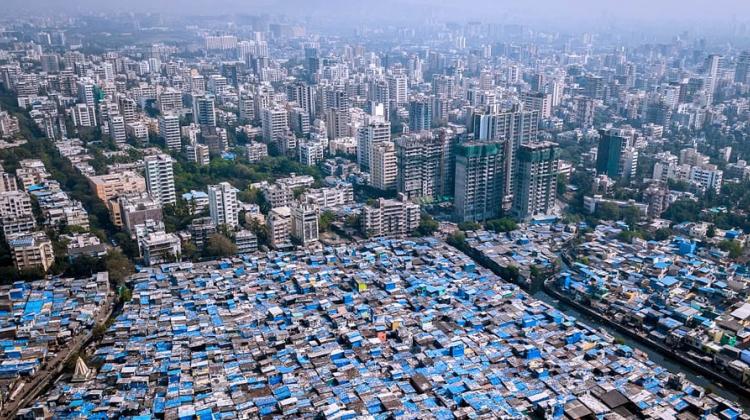Emerging Patterns in Urban India

This is field-based practicum was jointly offered by SA+P faculty and faculty at the Indian Institute of Technology (IIT), Kharagpur to study contemporary patterns of urbanization in medium-sized cities in India where the phenomenon is no longer geographically and geo-economically limited to the precincts of what are administratively defined as “cities.” The practicum was a mutual collaboration between the two institutes and 10-12 students from SA+P will work with their peers in IIT to analyze land use, historical preservation and environmental stewardship in the region of Santiniketan, within the town of Bolpur, West Bengal.
The overall objectives were (1) to analyze how to balance growth versus historic preservation in Santiniketan, Rabindranath Tagore’s egalitarian vision of creating an educational center that would cultivate India’s liberal imaginary, (2) Employment generation and the position of Santiniketan-Bolpur town in the regional economic flows of West Bengal and Kolkata, (3) Watershed management of the eco-fragile Khowai, a landform unique to this region, and its place in the growth dilemma.
Prior to a field trip in January, the group met twice to learn physical, economic, socio-cultural, legal and political environment of India, focusing on West Bengal and Santiniketan-Bolpur. The trip first went to IIT Kharagpur, where the students of both institutes will be divided into research teams and will prepare fieldwork plans under the guidance of MIT-IIT faculty. They then met and interviewed municipal officials, political leaders, professional planners, and representatives of citizen groups including tribal communities who live along the Khowai, in Santiniketan and Kolkata. Their goal was to understand the conflicts, of both principles and interests, involved in the inclusive development and prosperity of the city and the challenges encountered by development agencies in implementation.
The practicum met weekly in Spring term of 2017 for studio-and-seminar session. Student teams from the field trip continued to work on their findings. Invited speakers provided insights on specific issues of the region to enhance the work of the students. The final deliverable was a presentation from the students on sustainable policy guidelines for the city officials, and a knowledge-based product that contributes to the theory and practice of contemporary urban planning in developing country contexts.


